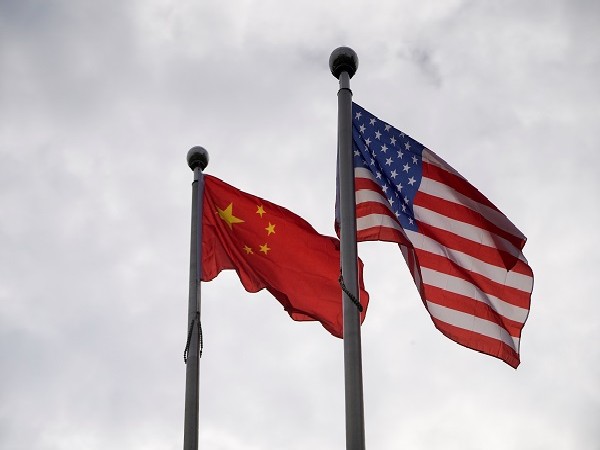
Within hours of an Air Force F-22 shooting down a massive Chinese balloon that had crossed the border, Defense Secretary Lloyd Austin went out to his Chinese counterpart via a secret crisis hotline, hoping for a rapid general-to-general conversation to explain things and reduce tensions. However, Austin’s attempt on Saturday was thwarted when Chinese Defense Minister Wei Fenghe refused to answer the phone, according to the Pentagon.
According to China’s Defense Ministry, the contact from Austin was declined because the US had “not created the proper atmosphere” for dialogue and exchange. The US action “seriously violated international norms and set a pernicious precedent,” a ministry official said in a late Thursday statement.
It’s been a frustrating experience for US commanders for decades, trying to get their Chinese counterparts

It’s been a frustrating experience for US commanders for decades, trying to get their Chinese counterparts on the phone or video line when a crisis is escalating between the two countries.
From the standpoint of Americans, the lack of the kind of reliable crisis communications that helped the United States and the Soviet Union get through the Cold War without an armed nuclear exchange raises the risks of the US-China relationship now, at a time when China’s military strength is growing and tensions with the United States are rising.
Without the capacity for generals in opposing capitals to quickly clear things up, Americans fear that misunderstandings, misleading reports, or unintentional collisions will escalate a minor conflict into broader hostility.
And it’s not due to a lack of communication equipment, according to Bonnie Glaser, managing director of Indo-Pacific research at the German Marshall Fund think tank. The problem stems from basic differences in how China and the United States understand the value and purpose of military-to-military hotlines.
The faith of US military leaders in Washington-to-Beijing hotlines to defuse clashes with China’s military
The faith of US military leaders in Washington-to-Beijing hotlines to defuse clashes with China’s military has run up against a sharply different perspective — a Chinese political system that runs on slow deliberative consultation by political leaders and makes no room for individually directed, real-time talk between rival generals.
And Chinese leaders are skeptical of the entire U.S. concept of a hotline, viewing it as an American route for trying to talk their way out of the consequences of a U.S. provocation.
Ratner accused China of exploiting crucial communication lines as a blunter propaganda instrument, shutting them down and reopening them to emphasize China’s unhappiness or delight with the US.
As tensions rise, China’s resistance to military hotlines adds urgency to efforts by President Joe Biden
As tensions rise, China’s resistance to military hotlines adds urgency to efforts by President Joe Biden and his top civilian diplomats and security aides to establish their own communication channels with President Xi Jinping and other top Chinese political officials for situations where military hotlines may go unanswered, according to US officials and China experts.
Both the US and Chinese forces are preparing for a possible clash over the US-backed self-ruled Taiwan, which China claims as its own. It appears that the next flare-up is simply a matter of time.
It could be an expected event, such as House Speaker Kevin McCarthy’s announced travel to Taiwan, or something unforeseen, such as the 2001 collision over the South China Sea between a Chinese fighter and a US Navy EP-3 observation plane. Without real-time communication between commanders, Americans, and Chinese would have one less option to avoid further bloodshed.
According to a 2008 agreement, the China-US military hotline is a multistep process in which one capital requests a combined conversation or videoconference between high officials on encrypted lines from the other.
Military and civilian hotlines between China and the United States aren’t the traditional red phones on a desk
The contract gives the opposite side 48 hours or more to respond, though nothing prevents high officials from speaking immediately. Current and former US officials said that when the US calls, Chinese officials don’t always pick up.
According to David Sedney, a former deputy assistant secretary of defense who negotiated the current system of military crisis communications, it took decades of Washington pressuring Beijing to agree to it.
American test calls to the hotline will be answered, he claimed. When Americans called to congratulate them on a Chinese holiday, Chinese authorities would pick up the phone and thank them, he added.






